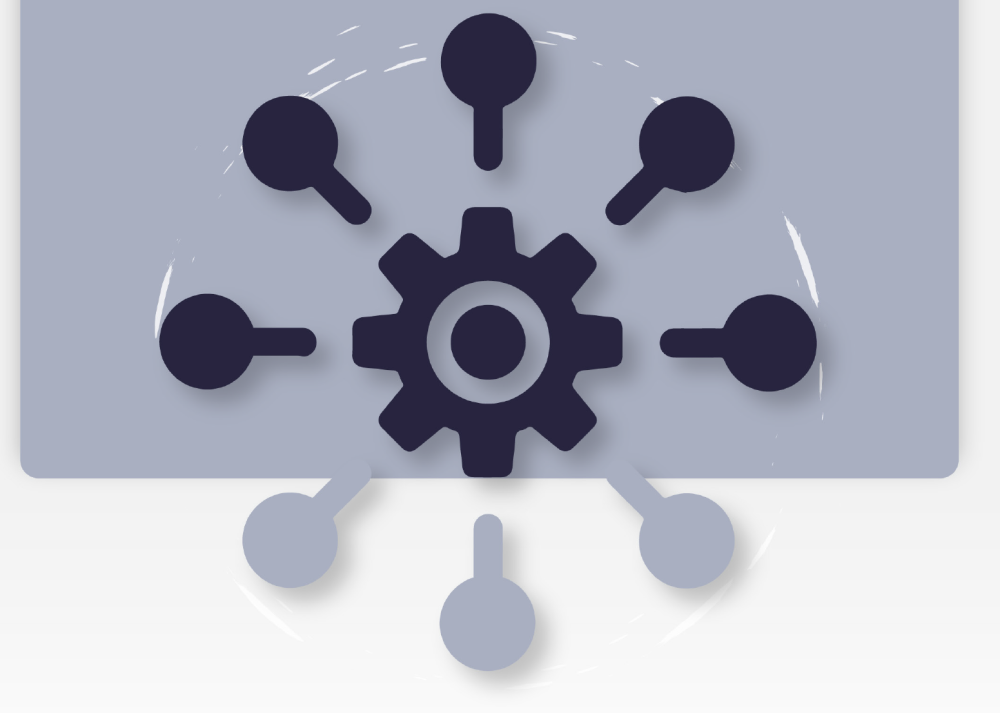Following the recent report “E-Government Mapping Research: Overview of Lebanese GovTech Readiness and Respect for Citizen Privacy” released in November 2021, addressing issues related to the security and data privacy provisions, SmartGov and The Samir Kassir Foundation (SKF) continued their GovTech readiness assessment. The following report tackles issues related to interoperability, a key enabler in e-government.
Rationale
Karim wants to get a financial number for his registered business. In a bureaucratic procedure, the Ministry of Finance would normally ask Karim to present officially sealed documents from the Commercial Register for his corporate registration, jumping from one department to another to get his financial number done. The same goes for obtaining a social security number where many documents from different institutions need to be presented. Imagine Karim heading to only one office where he can get all of his papers done at once without having to pass over all these different institutions. How easy and efficient could this be in saving time, nerves, and money?
In our physical world, this alternative process is called a “one-stop-shop,” a concept dating back to the early 20th century in America whereby a whole shopping trip could be completed “all under one same roof.” Customers would save time purchasing all their groceries, food, hardware, cleaning supplies, and other household items without visiting multiple places. Eventually, the concept of the one-stop-shop expanded to include business and government services, having a significant impact on the traditional ways of operating by sweeping away unnecessary paperwork and creating a streamlined and easy-to-use interface between governments, citizens, and businesses. Being required to provide the same information to different government agencies is an unnecessary burden that distracts citizens from engaging in other activities. The poor delivery of regulations can result in potential businesses not being created and put unnecessary strains on those that exist. If we were to implement a physical government one-stop-shop, it would be a single office where representatives from different institutions coordinate, share, and exchange existing information and documents to eliminate barriers and bureaucracy on citizens. It is important to note here that we are still talking about a non-digital world because we need to analyze how coordination works in the back office or “behind the scenes” before digital and tech solutions can jump in.
Lewis Mumford, author of The Myth of The Machines, wrote: “Men had become mechanical before they perfected complicated machines to express their new bent and interest.”
People had lived in coordinated ways (forming societal machines) endorsed ideals of specialization and automation rationality before physical machines emerged. This way of life made people ready for physical machines. Redeploying his organizational understanding of machines, Mumford argues that pyramids were built by machines – societal machines, centralized and subtly coordinated labor systems in which ideas like interchangeability of parts, centralization of knowledge, and regimentation of work are vital. This kind of coordination and interchangeability can be called “the Megamachine” where the deified king, the pharaoh, is the chief engineer of this original “Megamachine.” Nowadays, the essence of industrialization is no longer the large-scale use of machinery, it is the domination of technical knowledge by expert elites and our structured way of organizing life.
The reason for giving this brief history of machines and interoperability of knowledge is to emphasize the need to have “Megamachines” to ensure a successful transition into an electronic government. Before having the notion of a digital government and before aiming to expect a successful digital transition, we must first ensure that the government is being successful physically and on paper. In other words, we need to have set up the possibility of a large-scale organization to “become mechanical before we perfect machines.” This is why most digitalization trials fail in the Lebanese government sector.
Now in a digitally transforming world, where technology has changed every aspect of citizens’ life, how interoperability in government can be described?
To go back to Karim’s story and the emergence of one-stop-shops, the same process that happened in the back office can be computerized between one digital system and another. Interoperability of a computer system is defined by the Institute of Electrical and Electronics Engineers (IEEE) as “the ability of two or more systems or components to exchange information and to use the information that has been exchanged”. Instead of going to multiple offices physically and/or digitally, one domain portal can handle all these procedures whereby the citizen will be visiting one governmental platform to obtain any legal documents or forms and conduct transactions. In the case of business registration, the Ministry of Finance’s system would be automatically asking for information from the Commercial Register’s system (Ministry of Justice) or any other institutions where needed. This exchange of information between systems happens through APIs, a technical way of communication between digital platforms.
Our report aims to systematically deep dive into the state of interoperability in Lebanon as a key enabler in e-government. The assessment can evaluate how far the Lebanese government is from this transition. Additionally, we will be sharing insights, challenges, and best practices about interoperability in the government sector.
Continue reading the full report


